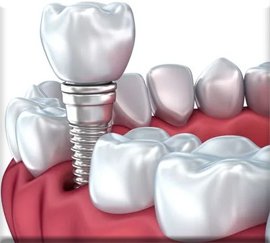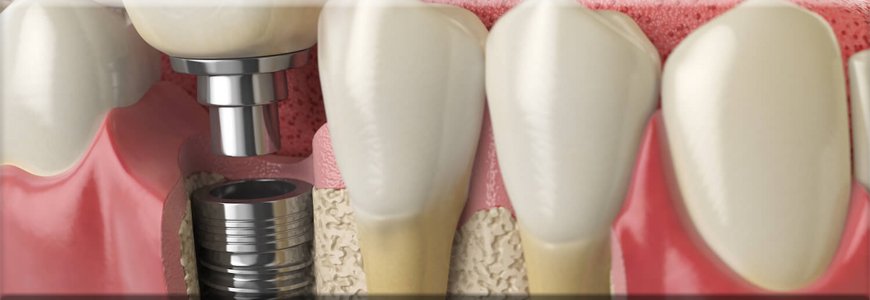Are teeth implants good or bad?
Dental implants have revolutionized the field of dentistry, offering a reliable and durable solution for replacing missing teeth. However, whether they are considered "good" or "bad" can vary depending on individual circumstances, preferences, and expectations. Let's delve into some key aspects to consider when evaluating the pros and cons of dental implants.
Firstly, dental implants offer several benefits that make them a popular choice for tooth replacement. Unlike traditional dentures or bridges, implants are surgically placed into the jawbone, providing a stable foundation for artificial teeth. This stability allows for comfortable chewing and speaking, often resembling the feel and function of natural teeth. Additionally, implants are designed to fuse with the jawbone over time, preventing bone loss and preserving facial structure.
Moreover, dental implants are highly durable and long-lasting. With proper care and maintenance, they can potentially last a lifetime, making them a cost-effective solution in the long run compared to alternatives that may require frequent replacements or adjustments.

Another advantage of dental implants is their natural appearance. Custom-made to match the shape, size, and color of surrounding teeth, implants blend seamlessly with the smile, enhancing aesthetics and restoring confidence.
However, despite their numerous benefits, dental implants may not be suitable for everyone. Certain medical conditions, such as uncontrolled diabetes or active gum disease, can affect the success of implant surgery. Additionally, adequate jawbone density is necessary to support the implant, and some individuals may require bone grafting procedures to augment bone volume.
Furthermore, the process of getting dental implants can be lengthy and involve multiple stages. From initial consultation and treatment planning to implant placement and restoration, the entire process may take several months to complete. For individuals seeking a quick solution, this timeline may be a drawback.
Cost is another consideration. While dental implants offer long-term value, they can be initially expensive compared to alternative treatments like dentures or bridges. However, many patients view implants as a worthwhile investment in their oral health and quality of life.
dental implants are a valuable option for replacing missing teeth, offering numerous advantages in terms of function, aesthetics, and longevity. However, like any medical procedure, they have limitations and considerations that should be discussed with a qualified dental professional. Ultimately, the decision to pursue dental implants should be based on individual needs, preferences, and expectations, with careful consideration of the potential benefits and drawbacks.

